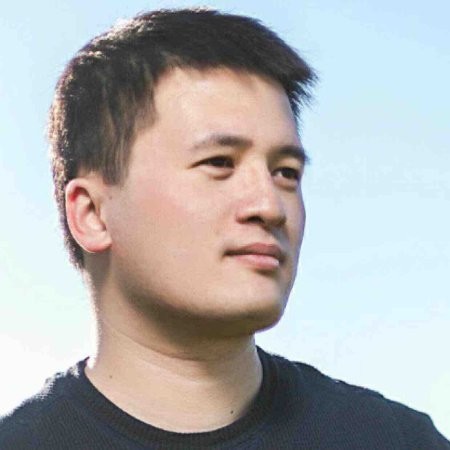Group Delegatee: Multi-Brains for Multi-DAOs
(This is a DRAFT, currently soliciting feedback from individuals who have experienced with governance, updated: 2024-03-04)
In the evolving landscape of Decentralized Autonomous Organizations (DAOs), a notable feature has been the capacity for delegate voting. Members may choose between casting their votes directly or entrusting this power to delegates. Traditionally, these delegates have been individuals dedicated to a singular DAO. Their active participation in discussions and decision-making processes has earned them the trust of the DAO’s membership.
However, an intriguing concept that has yet to be fully explored is the potential for a collective to serve as a delegate. This proposal seeks to illuminate the possibility and advantages of group delegatees within the DAO ecosystem.
The Concept of Group Delegatees
Imagine a scenario where a trio, Alice, Bob, and Cathy, share a common vision and principles regarding DAO governance. They decide to form a GroupDelegatee. By establishing a Safe or utilizing a 2-of-3 MultiSig Contract Wallet, they craft a shared identity. This approach encourages DAO members to place their trust in the collective rather than in individuals.
Safe is one way to do it, but any multi-sign approach work.
Advantages of Group Delegatees
The benefits of such a structure are manifold:
- Resilience to Social Engineering: Groups are inherently more robust against manipulation or bribery.
- Enhanced Communication: Internal discussions can occur more swiftly and efficiently.
- Distributed Workload: With the ability to divide tasks, the group can delve into proposals with greater detail and from multiple perspectives.
- Continuity: Members can take necessary breaks without compromising the group’s functionality.
- Flexible Consensus: The group may establish its internal decision-making process, be it a simple majority or another method.
Broader Implications
A GroupDelegatee, by virtue of its collective intelligence, stands to gain increased social trust. This enhanced capacity for effective participation also means they can engage with multiple DAOs, offering several additional benefits:
- Cross-DAO Trust: A track record with multiple DAOs provides a richer basis for trust.
- Inter-DAO Collaboration: A GroupDelegatee active in several DAOs can serve as a bridge, advocating for and facilitating cooperation. For instance, a delegate trusted by both the ENS DAO and Uniswap DAO might support initiatives that foster mutual benefits, such as Uniswap adopting
.uni.ethsubdomains, while promoting the prioritization of resources towards DNSSEC or other subdomain technologies within ENS DAO.
Conclusion
The concept of Group Delegatees introduces a nuanced layer to DAO governance, emphasizing the potential for collective intelligence and collaboration. By adopting this model, DAOs could not only enhance their resilience and efficiency but also foster a more interconnected and cooperative ecosystem.
This proposal invites the Ethereum community to consider the merits of Group Delegatees, opening the door to discussions that could shape the future of decentralized governance.
Request for Comments
This is an idea seeking feedback from community. The first step is reaching out to people who are experienced with crypto / DAO governance for private feedback. When we consolidate their feedback, we will cross-post to major governance forum and social media for public feedback.
